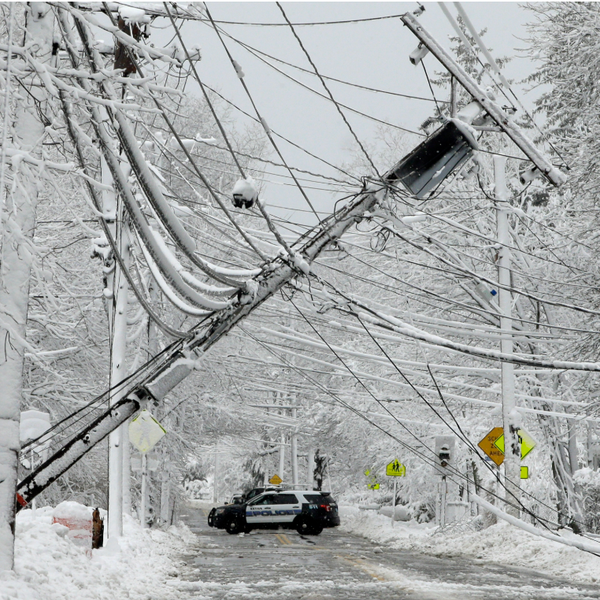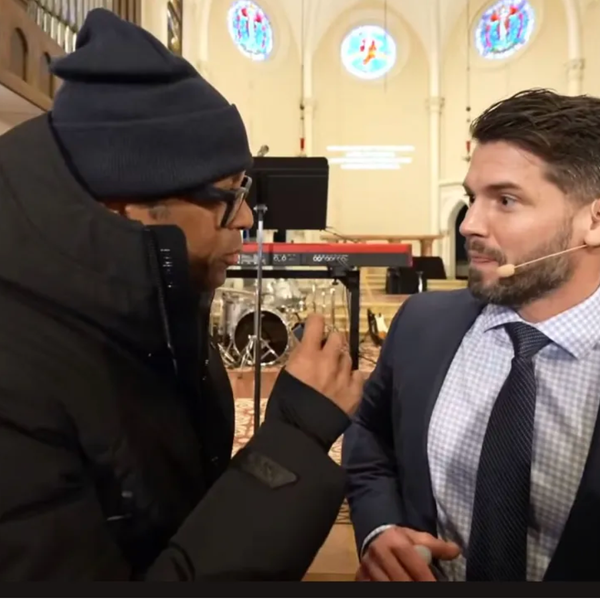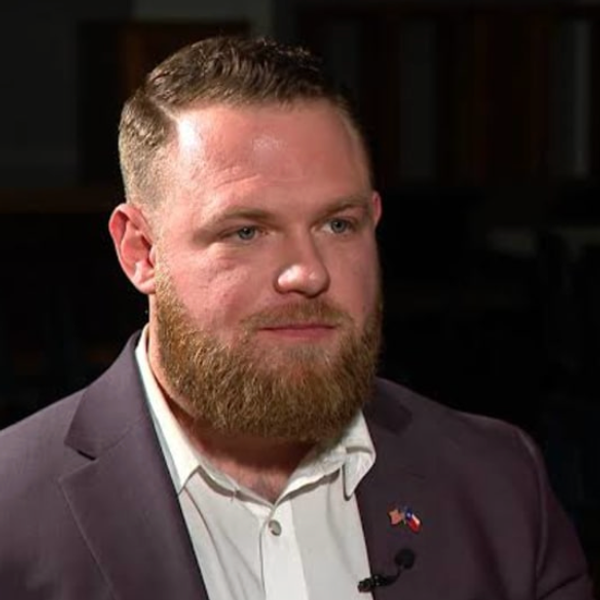
It was selfish to even ask the question: Will Broadway turn the lights back on in a month, as promised?
Turns out that’s doubtful, despite a goal of an April 12 reboot. Those tickets I had scored are worthless either way, since that particular show in previews, “Hangmen,” has announced it has permanently closed before it officially opened.
Considering New York’s many troubles — the mounting human toll of the coronavirus, the shortage of hospital beds and protective equipment for health workers, the many thrown out of jobs — the fate of one show is just one item on a long list of things shaken by the global pandemic. Many who are rationing supplies and struggling to replace lost wages couldn’t afford a Broadway ticket in the best of times.
So, yes, selfish. But understandable, when in a world of uncertainty and danger in possibly the air we breathe, and on every object or human we touch, escape and connection are things we crave. Friends are trying new recipes, joining online dance parties and yoga classes, adopting dogs and often channeling unexpected free time into worthy activities, like my talented niece sewing face masks for the medical health pros who desperately need them.
Still, for those Broadway ushers, vendors, street buskers and others who depend on New York City hustle and bustle, a darkened Times Square is no diversion. When word came this week that playwright Terrence McNally, whose prolific portfolio had provided so many, including me, with thoughtful entertainment through the decades, had died from complications from the coronavirus, reality and the theater world painfully collided.
When I pivot to culture when trying to make sense of politics, it’s not because I take the workings of Washington or life lightly. Rather, it’s because culture is something everyone can share in during partisan times: the hot movie, the new music, the addictive television experience.
That still happens, though Americans no longer live in a time of three networks, the local movie palace with heavy velvet curtains or next-day conversations about antics on Johnny Carson or Carol Burnett. A Change.org petition started by the Metropolitan Museum of Art calling for the inclusion of art institutions, along with their employees, in any federal aid package, is getting support from folks who regard culture as a necessary part of life.
Though our culture often seems as fragmented as our politics, that bond has not completely disappeared, something I’ve seen in recent social media conversations as all sorts of people come together to, for example, offer suggestions for TV shows to stream in a crisis or movie lists to soothe bored teens stuck in the house for goodness knows how long. The New York Times just reported that those evening news shows are finding increased and new audiences as Americans revert to straight down-the-line reporting, no histrionics needed when a virus throws you unexpected plot twists.
Yes, this is one time when the escape of entertainment can be both soothing and dangerous, when the moment calls for something much more serious. Just take one look at the soused expressions on the faces of devil-may-care spring breakers looking for fun, unaware or unconcerned of the risk they may pose to themselves and the unsuspecting parents and grandparents they could infect.
Leading the way
Maybe they get it now. But do our leaders?
Some do. It’s no coincidence that Dr. Anthony Fauci, the director of the National Institute of Allergy and Infectious Diseases and a member of the White House Coronavirus Task Force, and Dr. Deborah Birx, the response coordinator for the task force, have become unlikely stars. During a global pandemic that came to America as it inevitably would, the good doctors have earned the spotlight and the benefit of the doubt.
Governors have also taken the lead, including New York’s Andrew Cuomo, previously known for his combative streak, which has come as a refreshing splash of cold water, as he has provided leadership for a state that is hurting, with the bulk of new COVID-19 cases.
This crisis has revealed cracks in our “exceptional” American system, with spotty health care that may discourage sick people from visiting a doctor, a lack of paid sick leave that encourages those who still have a job to drag themselves to work no matter what. Too many children get the bulk of their nutrition from school meals, and too many parents can’t afford safe child care.
There is no escaping these shortcomings that have been years in the making.
The House and Senate, Democrats and Republicans, sparred over details of a $2 trillion package that came together in the wee hours of Wednesday; but, though hopeful, many fear the money will not trickle down nearly enough or last long enough.
There are the bright spots of Americans pitching in, of the mail carriers and grocery clerks and sanitation workers pushing through, of the health care pros working through exhaustion and risks. The Rev. William J. Barber II’s daily tweets remind politicians of their duty to all Americans, including those often forgotten, without the wherewithal to shelter in place, the homeless, the poor. Barber promises the Poor People’s Campaign’s planned June 20 march in Washington, needed now more than ever, is going digital.
A bipartisan group of senators, including Dick Durbin, D-Ill., Chuck Grassley, R-Iowa, Patrick Leahy, D-Vt., Mike Lee, R-Utah, and more, signed a letter to Attorney General William Barr and Federal Bureau of Prisons Director Michael Carvajal urging the release or transfer to home confinement for the most vulnerable inmates as permitted under the First Step Act. It’s called “compassionate release,” but it has been seldom used since the law passed.
An executive exception
So where is the American president? Can he pivot from the showman persona that is his comfort zone to the take-charge chief offering truth and transparency?
From President Donald Trump, we hear optimistic promises of a grand Easter, in sentiments that are not in line with his medical experts. “Wouldn’t it be great to have all the churches full?” he asked. “You’ll have packed churches all over our country. … I think it’ll be a beautiful time.”
Trump’s press briefings have taken on the appearance of a show, with promises of a vaccine around the corner, a miracle drug, mean-spirited jokes about the “deep” State Department and personal insults to reporters, including one who lobbed a softball question, asking for the president’s message to anxious Americans, a question that almost any sentient human being with an ounce of empathy could hit out of the park by simply saying, “We’re all in this together and working hard for a solution.”
That statement is not grand enough for the entertainer in chief, now robbed of the rallies that are his oxygen.
Americans, with exceptions to be sure, have the capacity to take this new normal seriously, while carving out pockets of joy and even silliness, often joining in spirit if not in person with other members of the weary brigade, to work through a crisis few have seen the likes of in their lifetimes.
The reality show star needs to be real. We’ll handle the rest.
Mary C. Curtis has worked at The New York Times, The Baltimore Sun, The Charlotte Observer, as national correspondent for Politics Daily, and is a senior facilitator with The OpEd Project. Follow her on Twitter @mcurtisnc3.








